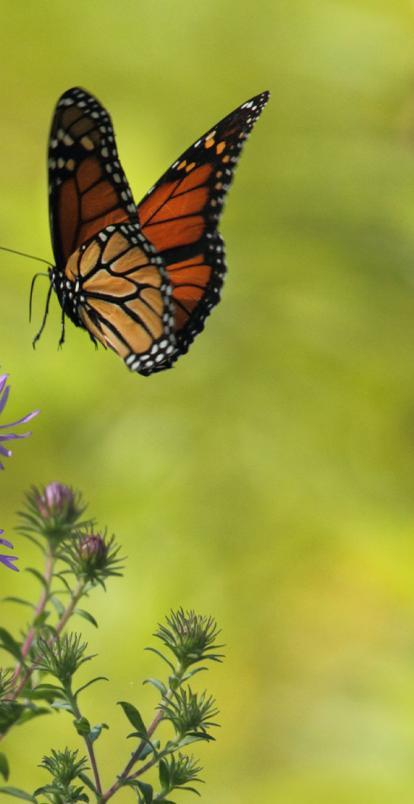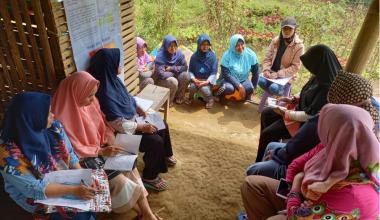The Challenge
Biodiversity is essential for sustaining our food systems. However, decades of intensive land-use has reduced the habitats and safe havens for wildlife. Unsustainable agriculture has expanded into sensitive ecosystems and had a detrimental effect on wildlife and carbon storage.
Habitat loss has now been identified as the main threat to 85 - 90% of all species described by the IUCN as ‘threatened’ or ‘endangered’. It is the most commonly recorded reason for species extinction over the last 20 years. The climate crisis and an increasing population worldwide further exacerbate this problem.
- “Currently, land degradation has reduced productivity in 23 percent of the global terrestrial area. Between $235 billion and $577 billion in annual global crop output is at risk as a result of pollinator loss.”
- With the industrialisation of production and the increased adoption of monoculture systems, modern farming has led to a huge decrease in agricultural biodiversity thereby fostering genetic erosion in crops and livestock.
- Scientific evidence collected in the last decade clearly shows that organically farmed land has on average 30 percent more species than conventionally farmed areas. This is mainly because organic agriculture avoids the use of synthetic inputs and implements a more diverse crop rotation.
Organic agriculture can help support biodiversity by:
- Providing food and shelter for wild species found on farms thus increasing them in number and variety.
- Supporting high levels of agro-biodiversity and maintaining healthy soils and soil fauna, such as earthworms.
- Reducing the risk of water pollution and sustaining pollination services.
We call on policy-makers to stop subsidizing unsustainable farming practices that are contributing to climate change, threatening biodiversity and hindering sustainable development.
It is crucial we transition to food systems that preserve and foster biodiversity as well as ecosystem services, since they largely contribute to human well-being and underpin several economic activities.
Learn how we work on raising awareness of the need to safeguard and enhance biodiversity by using sustainable farming techniques while advocating for real solutions and policies that help to achieve the Agenda 2030 for Sustainable Development.
Farming for Biodiversity
The Farming for Biodiversity contest was organised in 2017. Winners hosted capacity-building workshops across the globe sharing their solutions. This workshop series, known as Campaigning for Conservation, has further empowered local practitioners to raise awareness of the value of biodiversity and to conduct social marketing campaigns promoting behavior change in support of the identified solutions.
Panorama Platform
PANORAMA – Solutions for a Healthy Planet is a growing interactive platform where innovators and leading practitioners can share their solutions and stories. It is a partnership which promotes examples of inspiring, replicable solutions across a range of conservation and development topics to enable cross-sectoral learning.
Share your solution and its building blocks on the Panorama platform, so that they can become known and can be replicated!








